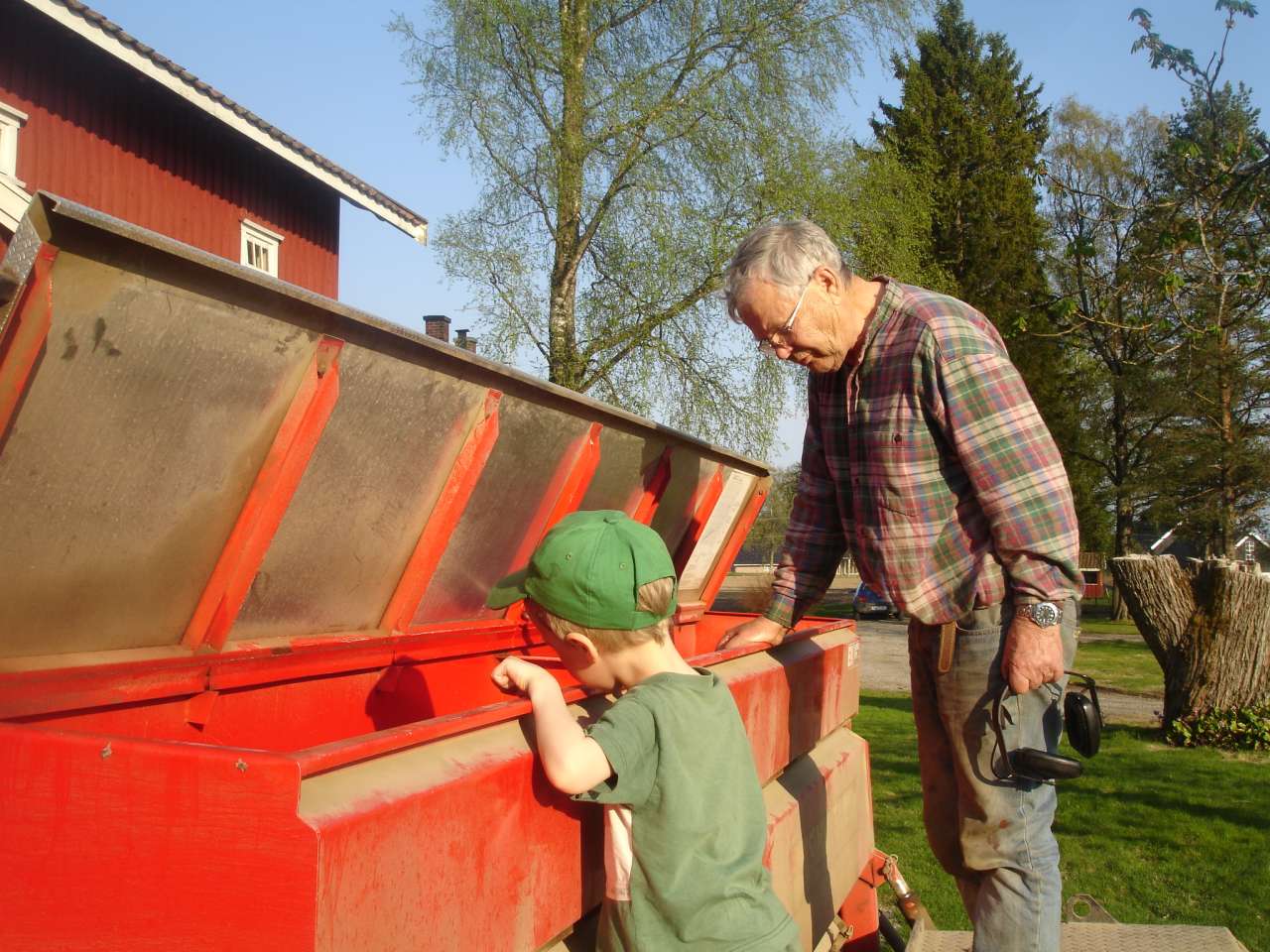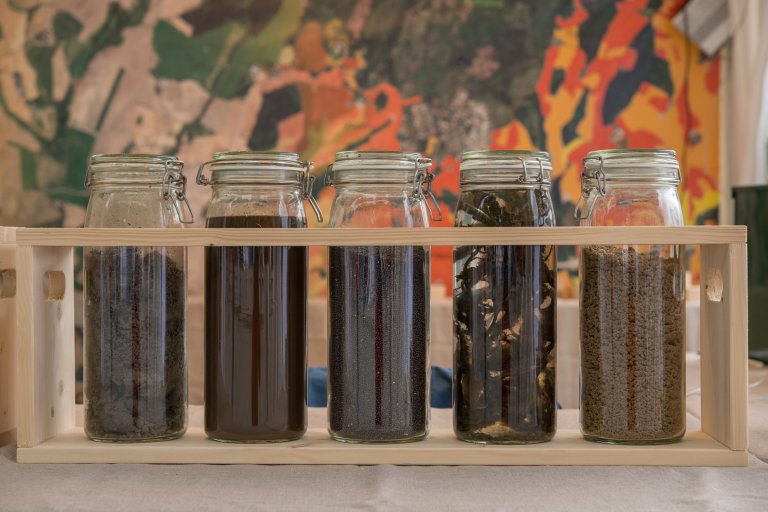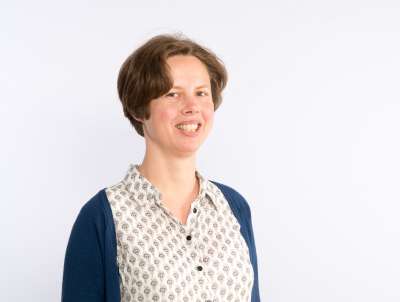AP 4: Samfunnsøkonomiske hindringer og muligheter

Foto: Valborg Kvakkestad
Målet for denne arbeidspakken var å undersøke samfunnsøkonomiske hindringer og muligheter for etterspørsel og tilbud av avfallsbaserte gjødselprodukter.

Etterspørsel og aksept for avfallsbaserte gjødselprodukter hos gårdbrukere ble undersøkt gjennom besøk på syv gårder og intervjuer med strategisk utvalgte brukere og ikke-brukere av avfallsbaserte gjødselprodukter i Akershus og Østfold.
Intervjuene inneholder spørsmål om biorest, fiskeslam i pellets, struvitt, separert husdyrgjødsel og avløpsbaserte produkter.
Produsenthindringer ble undersøkt ved hjelp av kvalitative intervjuer med seks produsenter og potensielle produsenter av avfallsbaserte gjødselprodukter for slik å identifisere økonomiske og institusjonelle hindringer.
Sivilsamfunnet, gjennom ulike frivillige organisasjoner, er viktig for å få til en bærekraftig sirkulær økonomi. Holdningene til sivilsamfunnet ble undersøkt ved fem kvalitative intervjuer med tre medlemsbaserte miljøvernorganisasjoner. Intervjuene ble gjennomført både med regionale og nasjonale representanter fra organisasjonene. De regionale representantene bodde alle på Sør-Vest landet.
KONTAKTPERSON

Valborg Kvakkestad
Forsker
-
Divisjon for matproduksjon og samfunn
(+47) 481 32 706 valborg.kvakkestad@nibio.no Kontorsted: Ås - Bygg O43

Bjørn Egil Flø
Forsker
-
Divisjon for matproduksjon og samfunn
(+47) 951 15 617 bjorn.flo@nibio.no Kontorsted: Trondheim
KONTAKTPERSON

Valborg Kvakkestad
Forsker
-
Divisjon for matproduksjon og samfunn
(+47) 481 32 706 valborg.kvakkestad@nibio.no Kontorsted: Ås - Bygg O43

Bjørn Egil Flø
Forsker
-
Divisjon for matproduksjon og samfunn
(+47) 951 15 617 bjorn.flo@nibio.no Kontorsted: Trondheim
Publikasjoner
Sammendrag
Det er ikke registrert sammendrag
